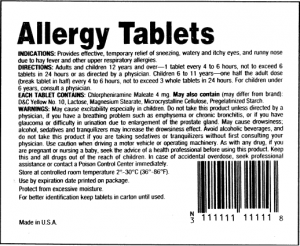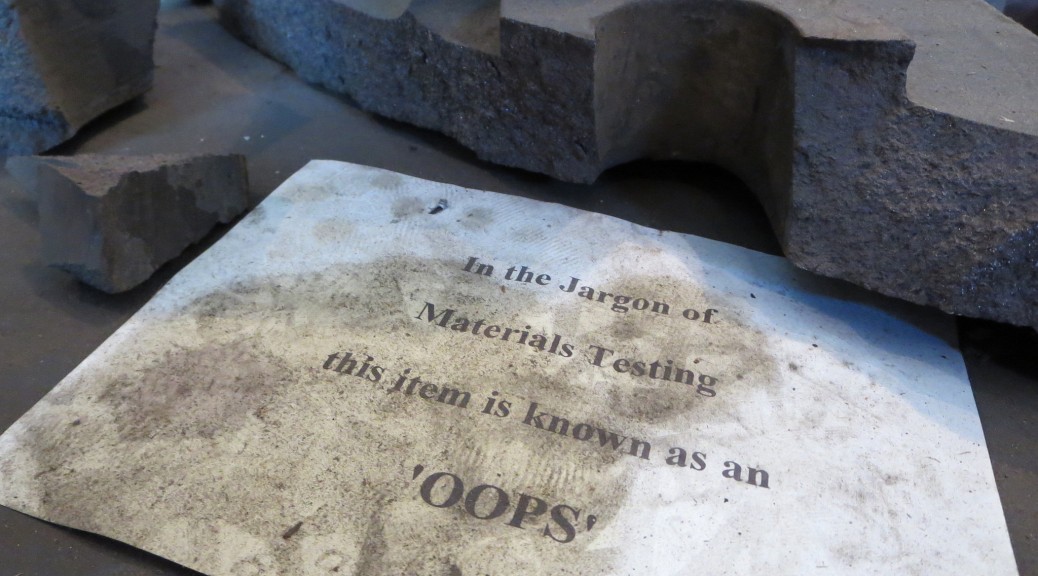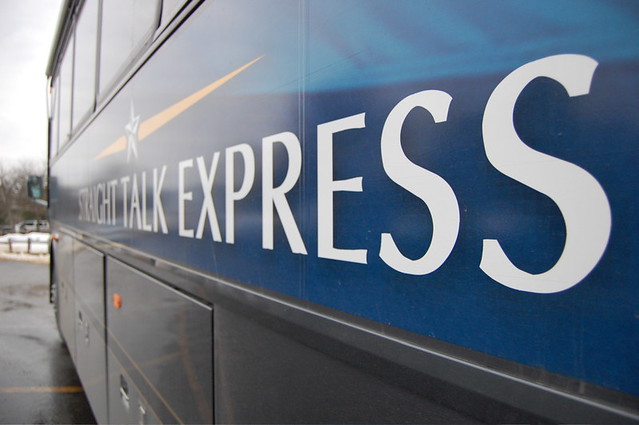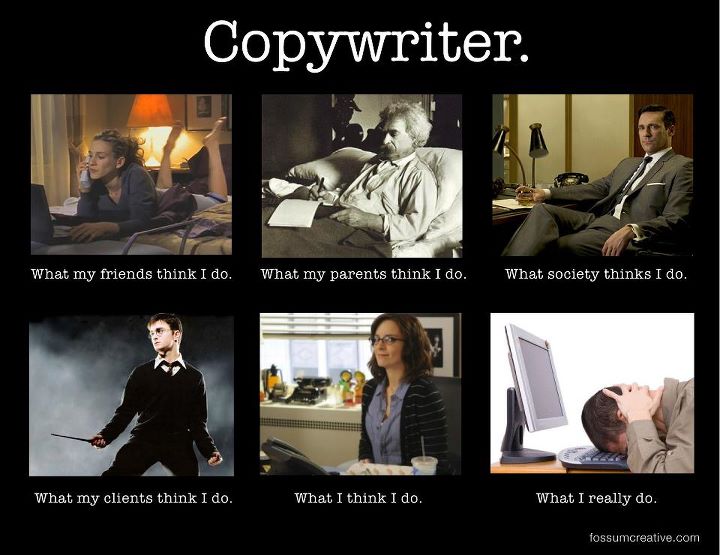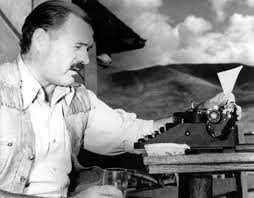The Course Overview says the following about reflection and role it plays in this course, your learning, and your communication process:
Reflection: You will need to maintain a work log for each of the projects you complete for two reasons:
- A mark of a professional is the ability to accurately judge how long a project takes to complete. Maintaining a work log lets you assess whether your predictions about the time and efforts needed are accurate and to examine your work patterns. For collaborative projects, the work log lets you determine if the work load has been equitably shared.
- Many studies about the relationship between learning and reflection indicate that long-term learning takes place during reflection about the work rather than simply in doing the work itself. Thus, following each of your projects, you’ll submit a reflection memo that will include excerpts from your work log and include the entire work log as an appendix.
On Monday, 6 October, you will submit your reflection for Project #2: Online Professional Profile. Your reflection should be submitted in PDF form, using the format of a memorandum, on Marca, under Projects > Online Professional Profile > Reflection, with the title “[Lastname] Reflection” (so, for example, the title for my reflection would look like this, “Wharton Reflection.”) You should include your work log in the PDF of your reflection or upload it as a separate file under Projects > Online Professional Profile > Reflection, with the title “[Lastname] Work Log.” You must submit a reflection to avoid receiving an incomplete on the project.
As you complete your reflection memo for this project, make sure that your memo includes information that responds to the following questions:
- How would you describe the rhetorical situation for this project (purpose, audience, context, author), and how did the rhetorical context influence your decisions about the content and design of your online profile?
- Which of the readings from our textbooks or the supplemental articles proved to be most useful in your work on this project? How did you apply the information you learned from these readings in your design, drafting, or revision process for your resume, website, social media profile, etc.?
- Which of the professional development training modules proved to be most useful in your work on this project? How did you apply the information you learned from the module(s) in your design, drafting, or revision process for your resume, website, social media profile, etc.?
- Discuss how your online professional profile (or resume, or social media profile) evolved from one draft to the next in response to in-class workshops or conversations about the readings.
- How would you rate your overall performance and contributions on this project (fair, good, excellent, needs improvement, etc.)? And why?
You may adapt the format of your reflection memorandum to present your responses clearly, completely, and concisely. For example, you might use a table to rate yourself on specific aspects of work. Similarly, you might use a table to identify information learned from the reading, or the professional development/training modules and how it applied to your work on particular artifacts for this project.

